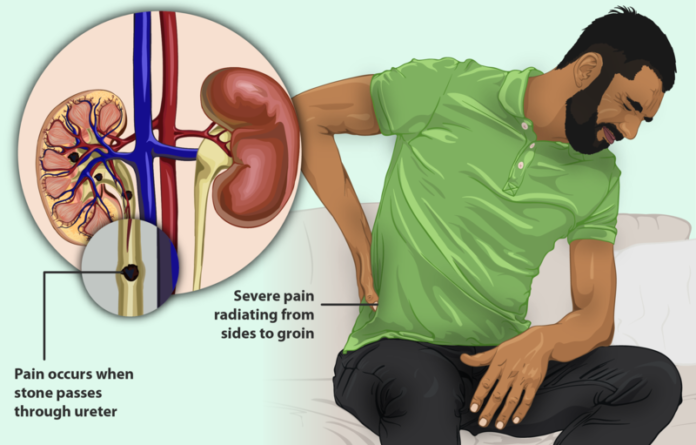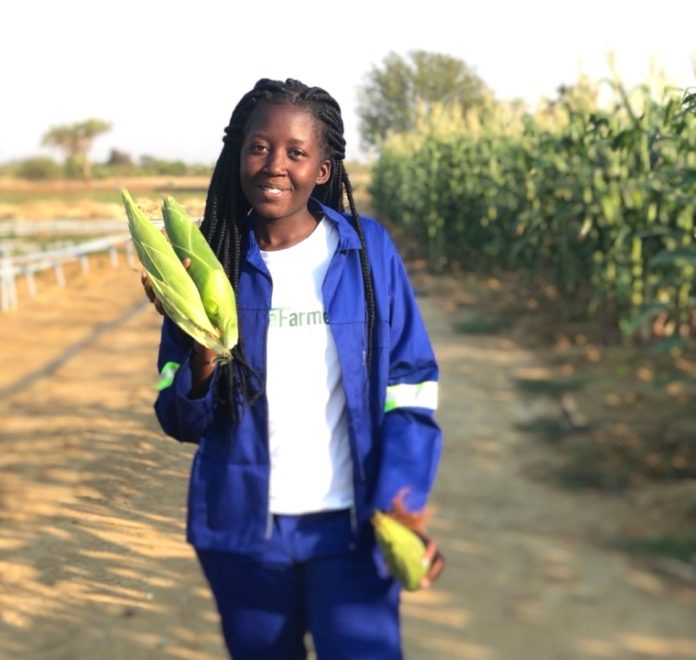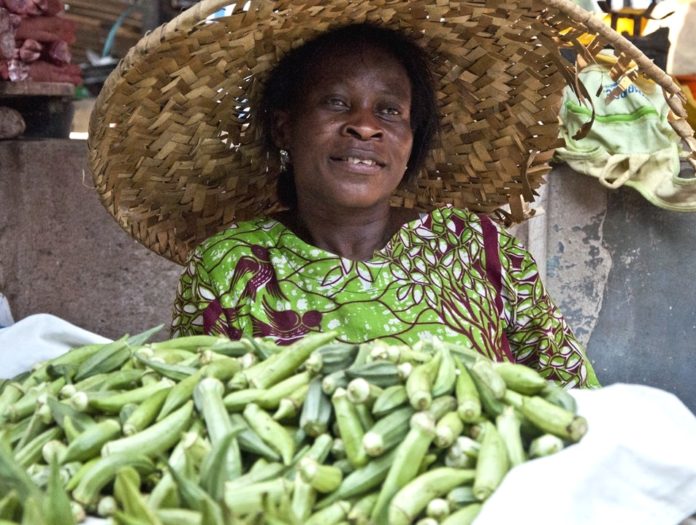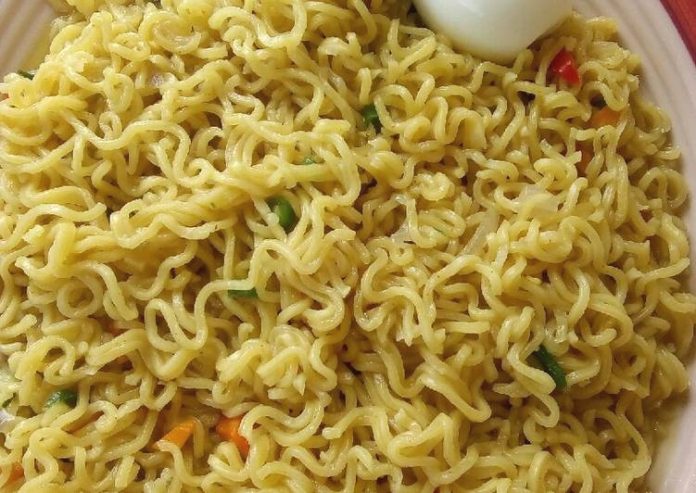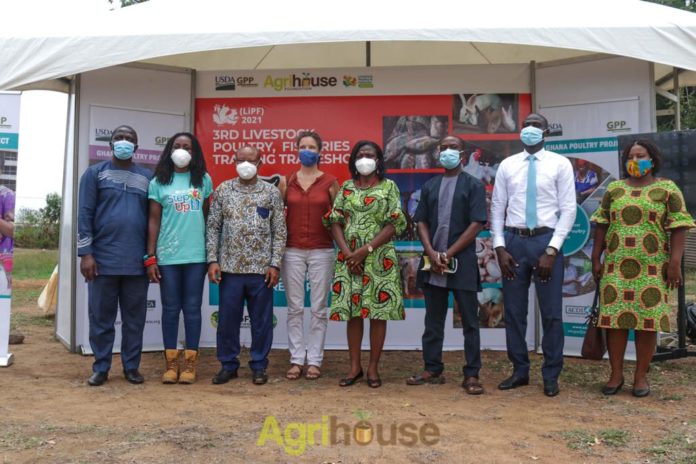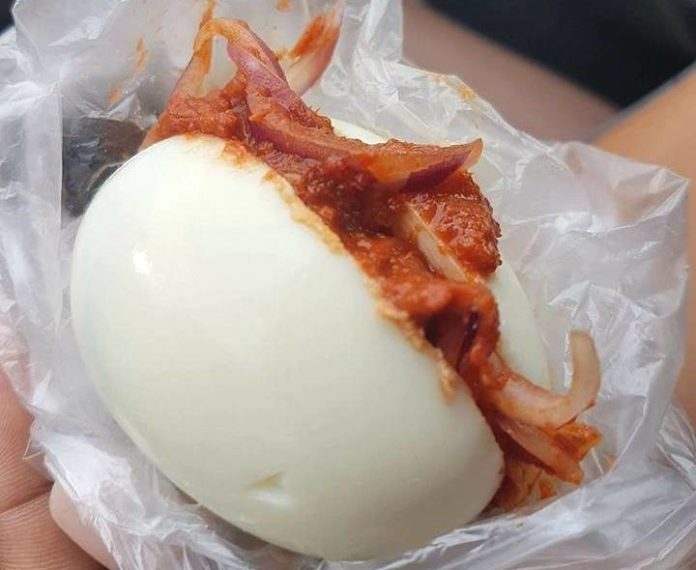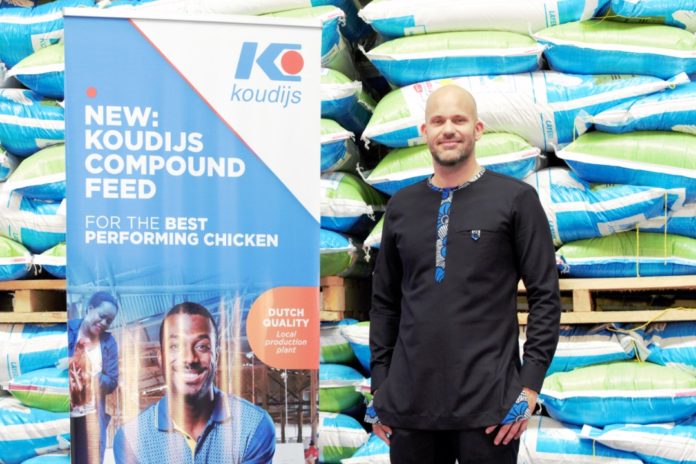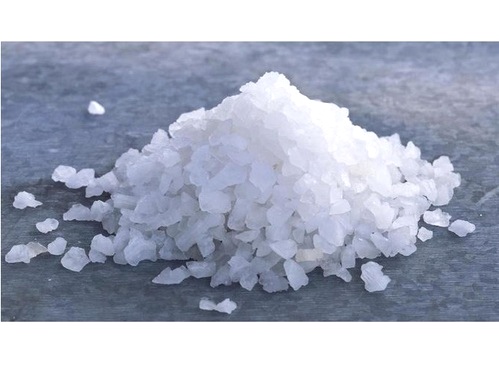Kidney stones in the urinary tract are formed in several ways. Calcium can combine with chemicals, such as oxalate or phosphorous, in the urine. This can happen if these substances become so concentrated that they solidify. Kidney stones can also be caused by a buildup of uric acid. Uric acid buildup is caused by the metabolism of protein. Your urinary tract wasn’t designed to expel solid matter, so it’s no surprise that kidney stones are very painful to pass. Luckily, they can usually be avoided through diet.
What to eat and drink.
If you’re trying to avoid kidney stones, what you eat and drink is as important as what you shouldn’t eat and drink. Here are some important rules of thumb to keep in mind.
Stay hydrated
Fluids, especially water, help to dilute the chemicals that form stones. Try to drink at least 12 glasses of water a day.
Up your citrus intake
Citrus fruit, and their juice, can help reduce or block the formation of stones due to naturally occurring citrate. Good sources of citrus include lemons, oranges, and grapefruit.
Eat lots of calcium (and vitamin D)
If your calcium intake is low, oxalate levels may rise. It’s preferable to get your calcium from food, rather than from supplements, as these have been linked to kidney stone formation. Good sources of calcium include milk, yogurt, cottage cheese, and other types of cheeses. Vegetarian sources of calcium include legumes, calcium-set tofu, dark green vegetables, nuts, seeds, and blackstrap molasses. If you don’t like the taste of cow’s milk, or, if it doesn’t agree with you, try lactose-free milk, fortified soy milk, or goat’s milk. Also make sure to include foods high in vitamin D each day. Vitamin D helps the body absorb more calcium. Many foods are fortified with this vitamin. It’s also found in fatty fishes, such as salmon, egg yolks, and cheese.
FOODS AND DRINKS TO AVOID KIDNEY STONE DIET
Limit salt
High sodium levels in the body, can promote calcium buildup in urine. Avoid adding salt to food, and check the labels on processed foods to see how much sodium they contain. Fast food can be high in sodium, but so can regular restaurant food. When you’re able, ask that no salt be added to whatever you order on a menu. Also, take note of what you drink. Some vegetable juices are high in sodium.
Lower your animal protein intake
Many sources of protein, such as red meat, pork, chicken, poultry, fish, and eggs, increase the amount of uric acid you produce. Eating large amounts of protein also reduces a chemical in urine called citrate. Citrate’s job is to prevent the formation of kidney stones. Alternatives to animal protein include quinoa, tofu (bean curd), hummus, chia seeds, and Greek yogurt. Since protein is important for overall health, discuss how much you should eat daily with your doctor.
A plant-based diet may be ideal
Eat oxalates wisely. Foods high in this chemical may increase formation of kidney stones. If you’ve already had kidney stones, you may wish to reduce or eliminate oxalates from your diet completely. If you’re trying to avoid kidney stones, check with your doctor to determine if limiting these foods is enough. If you do eat foods containing oxalates, always make sure to eat or drink a calcium source with them. This will help the oxalate bind to the calcium during digestion, before it can reach your kidneys. Foods high in oxalate include:
• chocolate
• beets
• nuts
• tea
• rhubarb
• spinach
• swiss chard
• sweet potatoes
Don’t drink colas
Avoid cola drinks. Cola is high in phosphate, another chemical which can promote the formation of kidney stones.
Reduce or eliminate added sugar intake.
Added sugars are sugars and syrups that are added to processed foods and drinks. Added sucrose and added fructose may increase your risk of kidney stones. Keep an eye on the amount of sugar you eat, in processed foods, such as cake, in fruit, in soft drinks, and in juices. Other common added sugar names include corn syrup, crystallized fructose, honey, agave nectar, brown rice syrup, and cane sugar.
Tips for a kidney stone diet.
Having kidney stones increases your risk of getting them again unless you actively work to prevent them. This means taking medications prescribed to you for this purpose, and watching what you eat and drink.
If you currently have stones, your doctor will run diagnostic tests, to determine what type you have. They will then prescribe a specific diet plan for you, such as the DASH Diet. Tips that will help include:
• drink at least twelve glasses of water daily
• drink citrus juices, such as orange juice
• eat a calcium-rich food at each meal, at least three times a day
• limit your intake of animal protein
• eat less salt, added sugar, and products containing high fructose corn syrup
• avoid foods and drinks high in oxalates and phosphates
• avoid eating or drinking anything which dehydrates you, such as alcohol.
Takeaway
Kidney stones are typically a painful condition. Fortunately, diet can be an effective tool in managing and preventing kidney stones. Staying hydrated and avoiding certain foods that are high in salt and sugar, and pairing calcium with oxalate rich foods are important elements of a kidney stone diet.

